A new hydrogel supports living cells and can withstand dynamic environments to help repair tissue in the heart, muscles, and vocal cords.
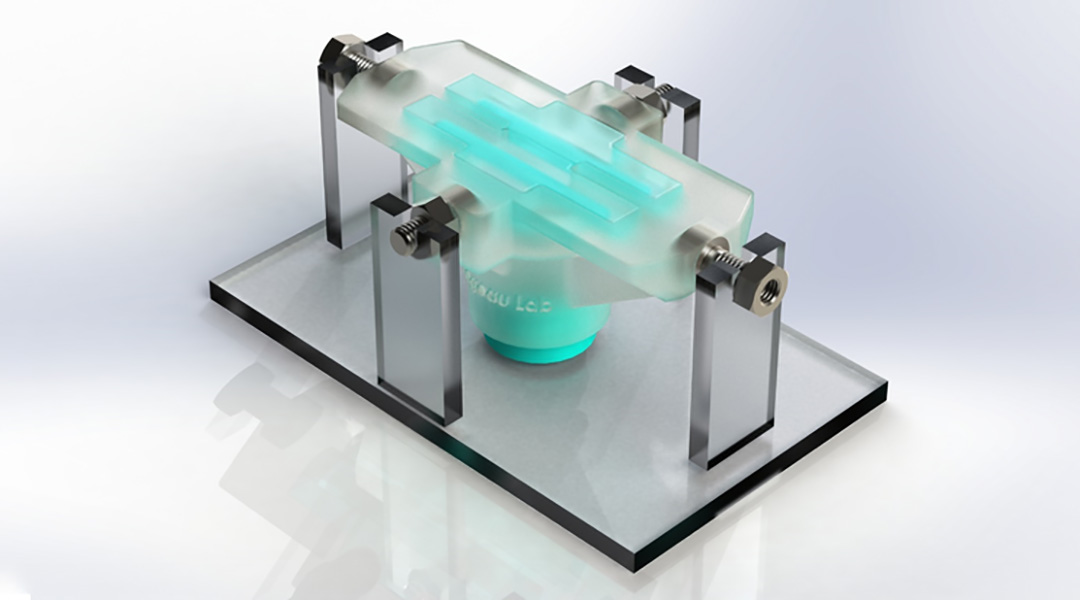

A new hydrogel supports living cells and can withstand dynamic environments to help repair tissue in the heart, muscles, and vocal cords.
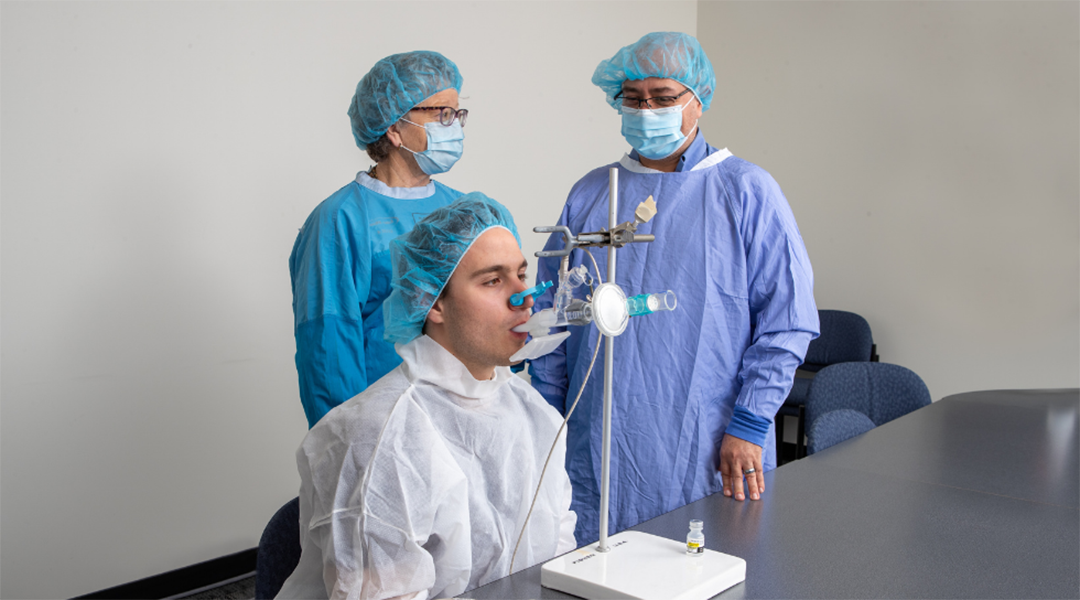
The aerosol platform promises broader protection against SARS-CoV-2, and is currently being trialed as a booster.
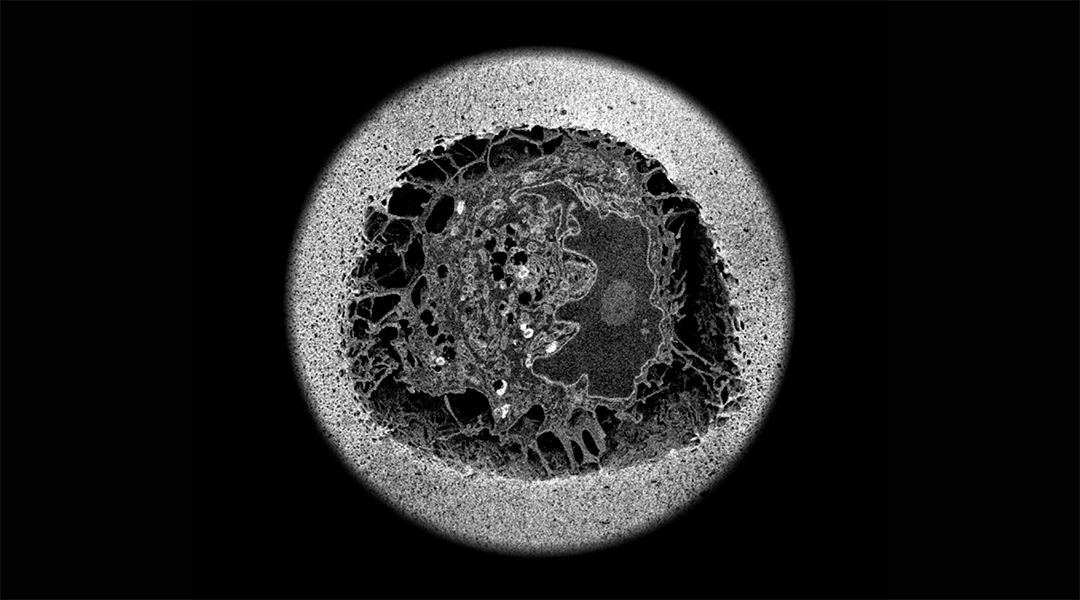
A natural chemical tether helps researchers attach cells to inert biomaterials for better cell models and therapies.
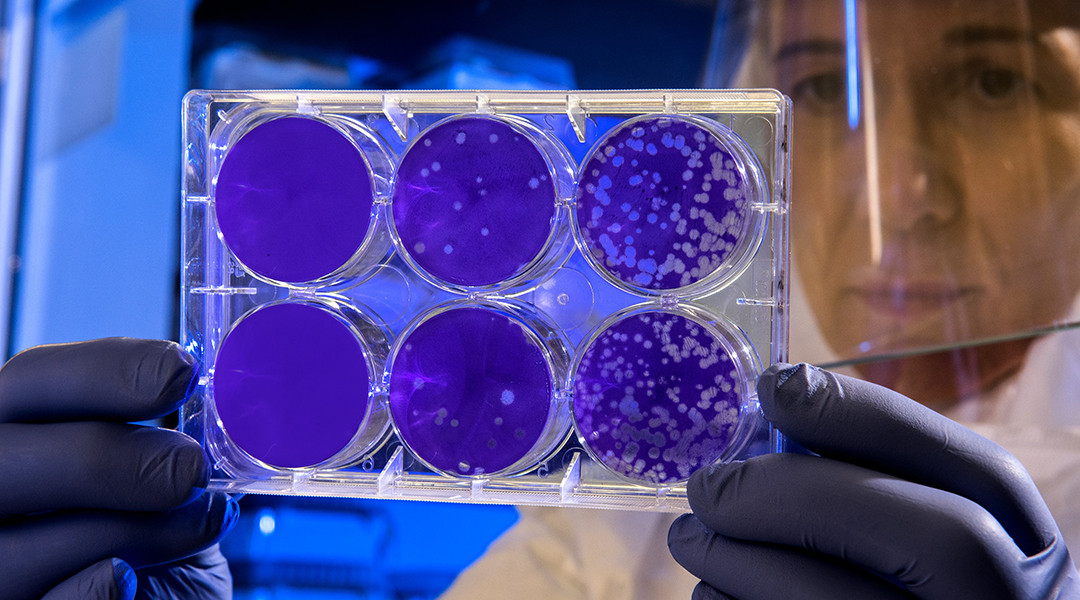
Living machines made from drug-carrying bacteria target tumors to improve the effectiveness and safety of chemotherapies.

Antibody therapies and new vaccines have been added to the arsenal, giving hope to the millions who live where malaria is endemic.
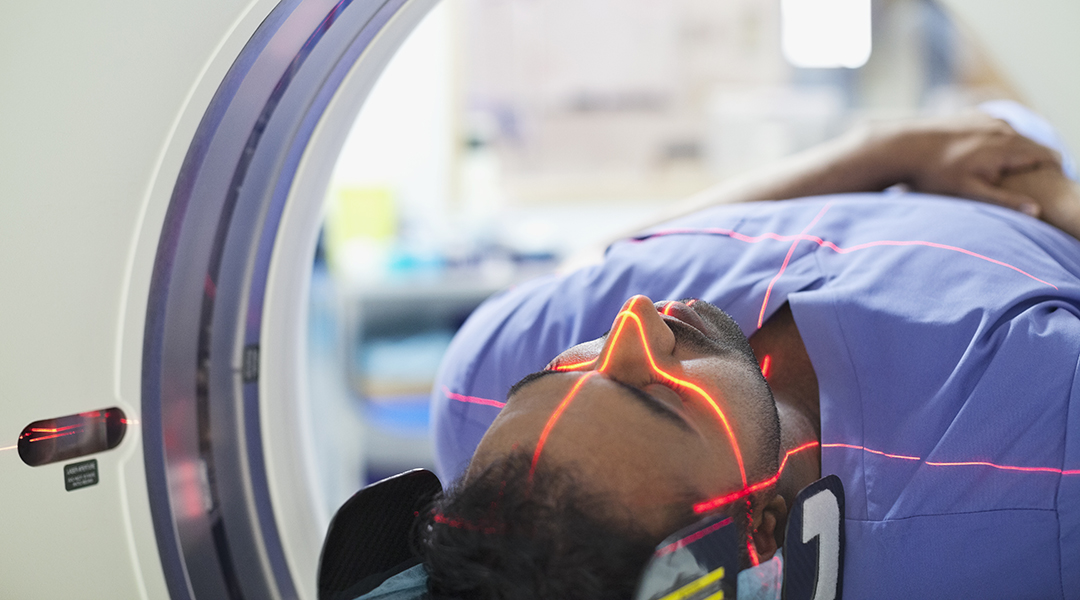
While stem cell therapies have been touted as “miracle cures”, data indicates that there are still hurdles keeping them out of the clinic.

Artificial spider silk could be a smart and responsive alternative to traditional wound dressings, helping patients and medical staff to monitor recovery in real time.

Nanoparticulate formula together with light augmentation could realize the potential for intranasal vaccines to protect against respiratory viruses.
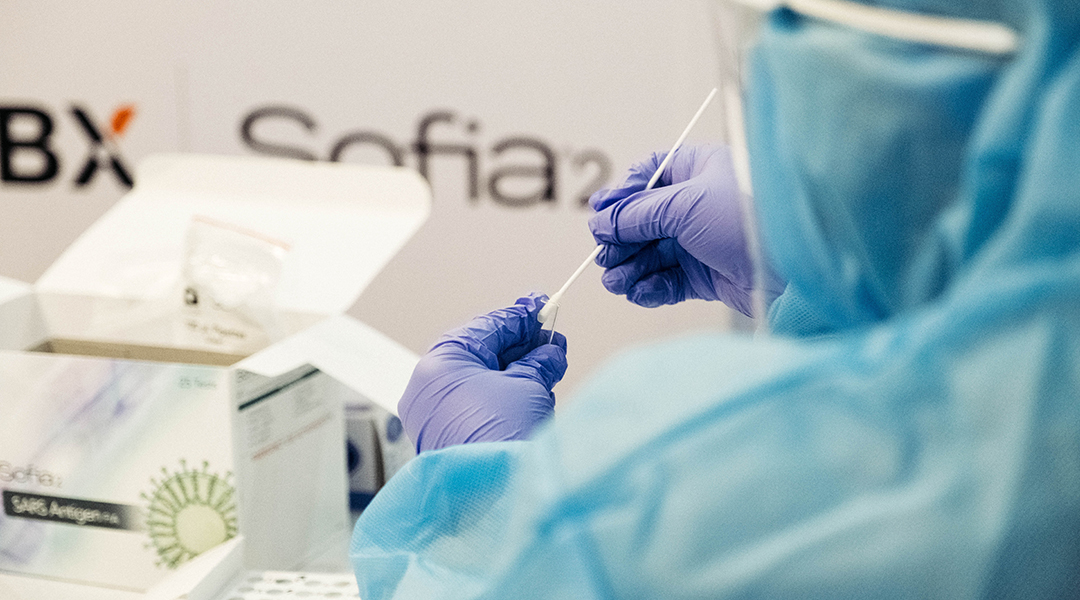
With SARS-CoV-2 continuing to circulate, new oral antivirals promise to be game changers in helping to end the pandemic.
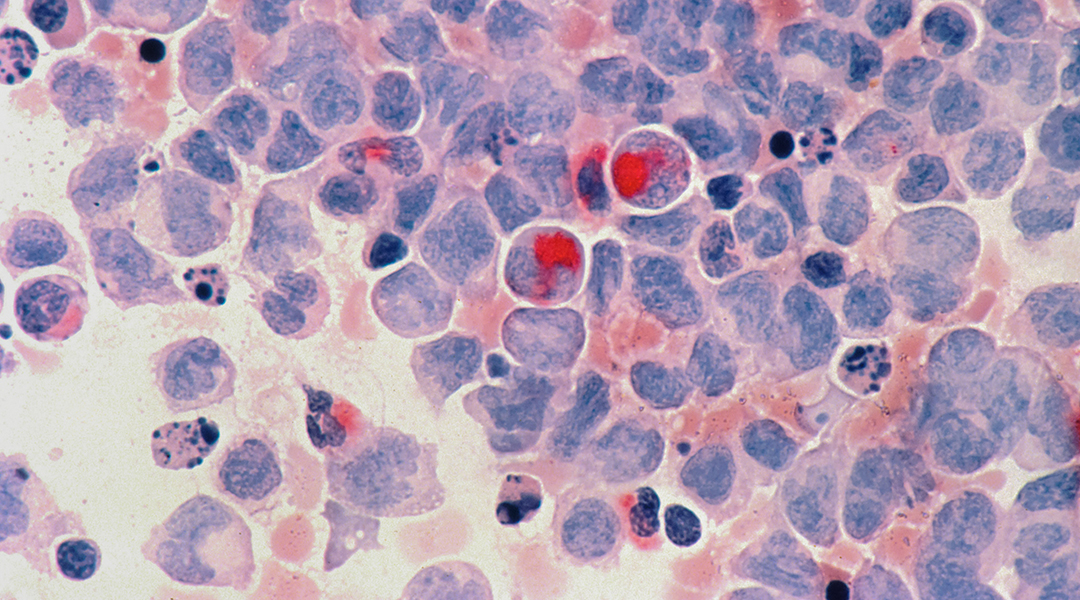
Tin mono-sulfide nanosheets prove to be effective and sensitive soft X-ray detectors with potential to monitor biological systems in real time.